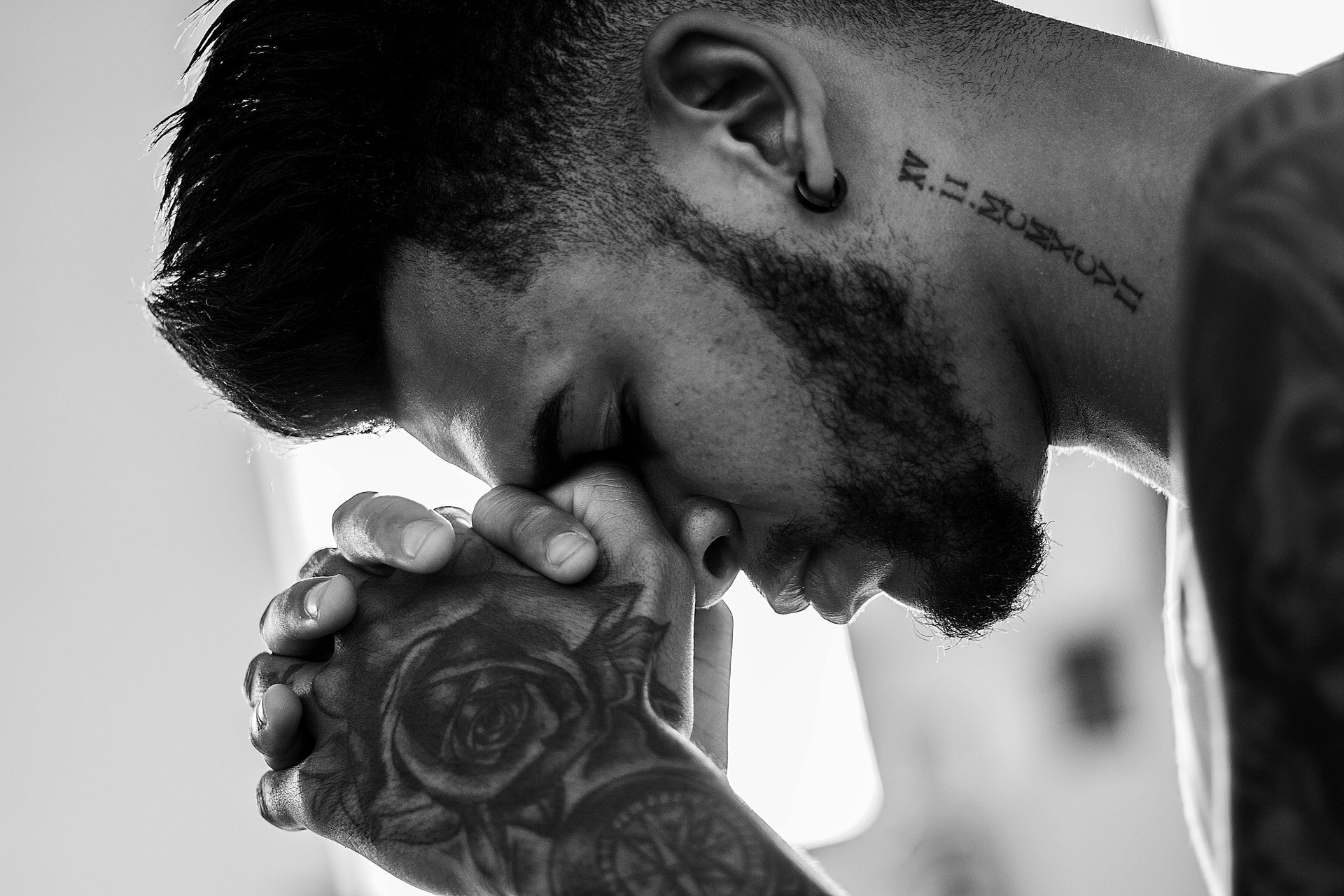What Brandy Melville Actually Brands
Written by Samantha Li from Shanghai High School International Division - Shanghai, China
They say it is the legacy we leave that matters. Though Brandy Melville’s garments may not survive the washing machine, it is a sure thing that their brand philosophy-- one size fits all—will be remembered.
Of course, one would be foolish to think “all” in its literal definition, since the brand has revealed that “all” refers to: all white, all tall, and all thin. That is because the shop derives its unique sense of power by selling only small-sized clothing, and hiring only attractive, white teenagers as their staff.
And due to recently successful marketing, Brandy Melville has gained popularity amongst teenagers, its target customers. Their advertisements feature beautiful girls dressed in their extra-small apparels. The resultant message? That only wealthy and attractive girls should buy their clothes. The notion is reinforced by their rumored hiring policies that favor “beautiful girls” (whatever that means). The stores exist from Asia to North America, a huge pathway of destruction for the well-being and self-esteem of girls.
One rightfully ponders why a brand explicitly marketing white supremacy and the objectification of women would be popular among the generation of our future. That is because what Brandy Melville really brands is the “privilege” of being a desirable object in a male-dominated world.
On social media, whether it is China’s XiaoHongShu or America’s Instagram, there seems to be a never-ending trend of #brandymelville. What is it that drives teenage girls to starve themselves to fit into clothes when their clothes should be fitting them?
Brandy Melville successfully exploits the power of the male gaze in modern contexts, and the vulnerability of self-conscious teenage girls under a relentless patriarchy. Women often lack agency in this world since what society accentuates in them is often factors beyond their control, such as their physical appearance. So who defines the standards for proper female beauty? It is a single, unifying voice that inspires beyond cultural boundaries. This voice takes the form of shops like Brandy Melville.
Across the globe, women struggle in their fight for liberation and equality, but mainstream culture’s negative impact on them restricts their vision and opportunities. This ultimately impels them to conform into rigid patriarchal expectations, like fitting into a size small at all costs.
Women’s relationship with femininity is like two magnets with the same pole: the male gaze defining it repels women’s motivations to reconnect to it. So let us forget about Brandy Melville, forget about the despotic standards of womanhood reflected in their new line of clothing, and forget about the scars that have been maliciously branded onto us.
We embody femininity. We define femininity. Not Brandy Melville’s board of (wink wink) directors.



